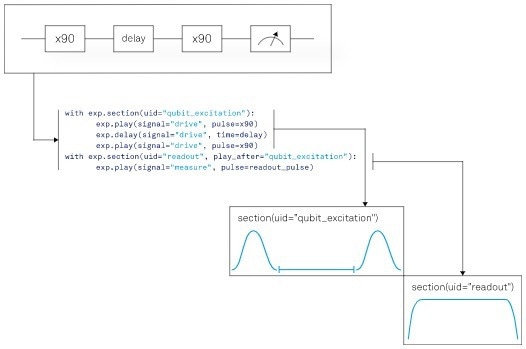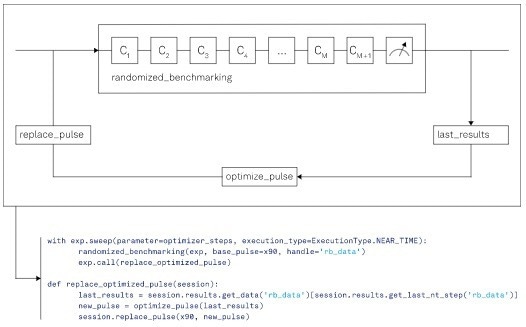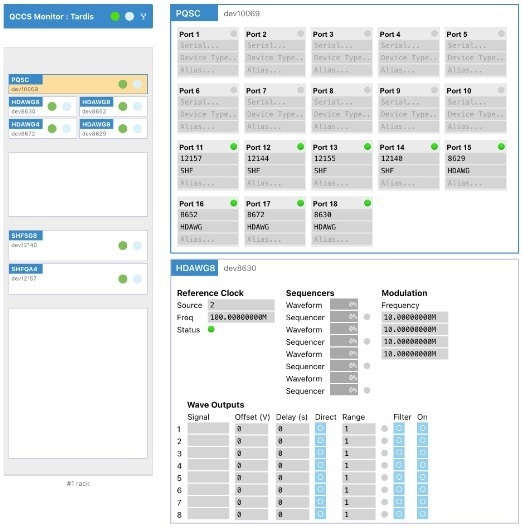LabOne Q — a new software framework introduced by Zurich Instruments for quantum computing — accelerates laboratory progress.
- Users can now spend time on things that matter, their experiments
- Control all details down to the last sample
- Program large setups in Python as a single machine
- Optimize the setup for a high duty cycle
- Convert complicated quantum circuits into straightforward code
- Scale up with drop-in code replacement
- Enhance throughput with a simplified interface
LabOne Q. All Quantum in One.
LabOne Q. All Quantum in One. Video Credit: Zurich Instruments AG
Designed for Experiments on the Most Advanced Control Electronics
With LabOne Q, users can express experiments in a language that unites the concrete world of signals with the abstract world of quantum gates. The Python-based, high-level interface offers intuitive tools for specifying multi-channel signals with accurate timing control.

Image Credit: Zurich Instruments AG
Reusing code is easy with LabOne Q. Sections enable pulse patterns to be grouped across signal lines. They support sweeping, averaging, and looping structures to consistently express all levels of timing, from sample-accurate pulse-level control up to the group of multi-experiment protocols.
LabOne Q simplifies and automates tedious tasks like adjusting instrument settings, producing and uploading waveforms, and coordinating pulses between multiple instruments. However, users still have complete low-level access to the instruments, even with this high level of control and measurement automation. Instrument settings and setup details are accessible with a single line of code.
For visualization of the experimental sequences and pulses before implementation, LabOne Q also offers browser-based tools that provide a simplified outline of complicated experiments, even with hundreds of pulses.
Supporting High Duty Cycles
LabOne Q allows users to make the most of their setups by helping to prolong the amount of time the experiment generates results. With an optimal duty cycle, a quantum computer spends the most time possible executing experiments on the quantum processing unit.

Image Credit: Zurich Instruments AG
LabOne Q helps the user to increase computational duty cycles by optimizing control instructions, reducing communication overhead, enabling pipelining and queuing of experiments through its separation of online and offline functionality, and by offering interfaces for automation.
In addition, experiments have a clear differentiation between real-time execution, when the instruments implement instructions and collect information autonomously, and near-time instructions — when interacting with an outside process is essential.
For instance, when a quantum gate is tuned up with optimal control, real-time calibration sequences are incorporated with optimization steps. Intermediate measurement results are used to optimally calibrate the required gate pulse.
Performance That Scales With Setup
Controlling many qubits is simple with LabOne Q. Scaling up or upgrading a lab setup only needs a drop-in replacement in the code, with synchronization of all instruments guaranteed from the start. A concurrent tune-up of many qubits, multi-qubit gate calibration, multiplexed qubit state readout, and control crosstalk compensation is included in LabOne Q.

Image Credit: Zurich Instruments AG
LabOne Q supports the user's scaling roadmap by cutting down complexity, allowing automation, and increasing performance. Its programming interface offers an accessible overview, even while working with 100 signals or more, and with the QCCS System Monitor all vital hardware settings are just a click away.